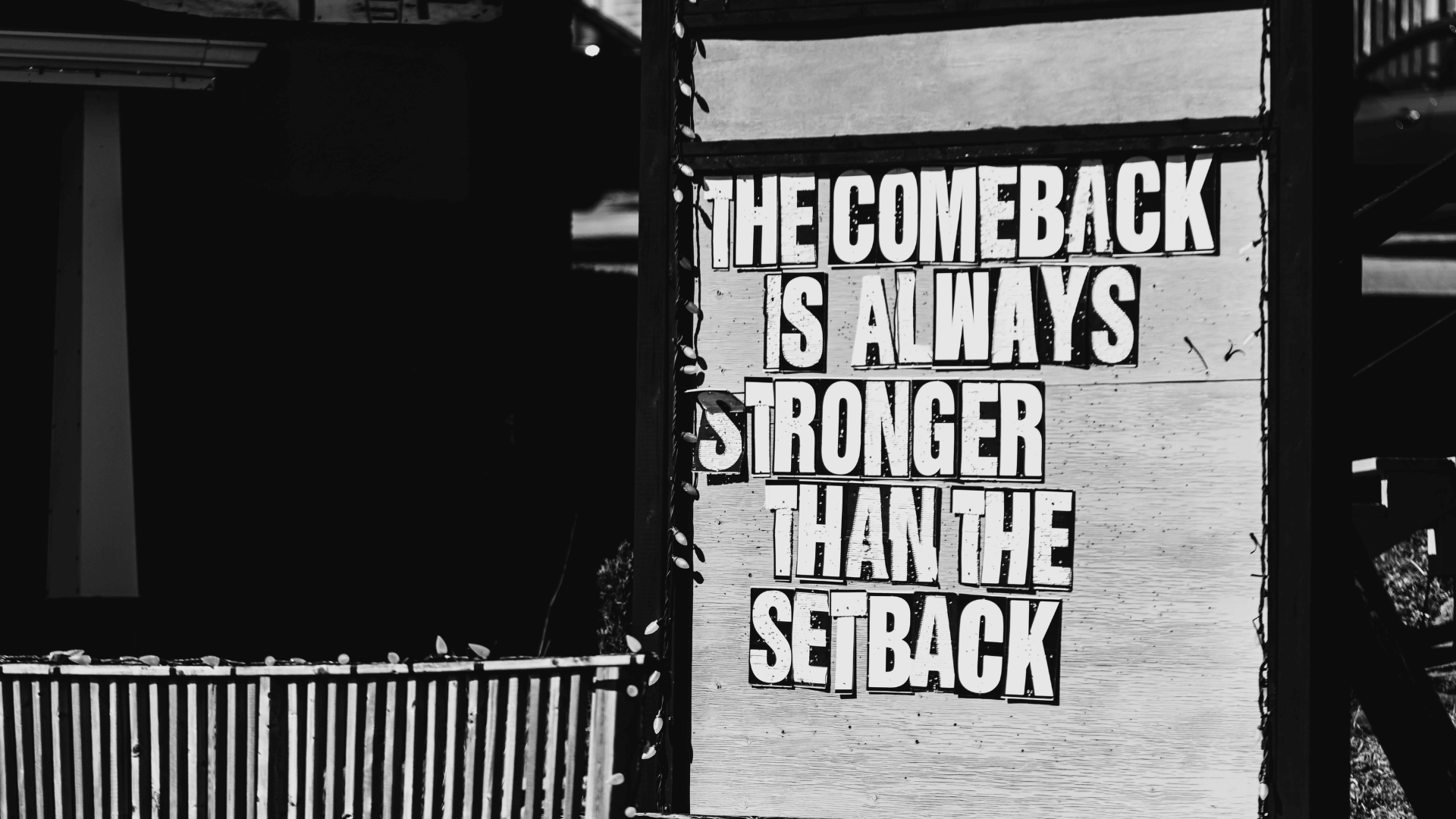Embrace suffering. Keep smiling.
I know we often talk about the uplifting stuff here, but sometimes we need to lean into the difficult parts of life too. After all, it’s the trying times that really test and shape us, right?
Let’s start by acknowledging something none of us can escape: suffering. Yup, you read that right. I’m talking about those not-so-welcome surprises that crash into our lives like uninvited guests at a party. One moment you’re coasting along, and the next, you’re floored by some piece of news or a life-changing event. You didn’t choose this; you didn’t see it coming. So what now?
Well, the truth is, we all suffer. It’s an unfortunate but undeniable part of the human experience. But how we respond to suffering—that’s what sets us apart. It’s easy to lose composure, to question your faith, and, let’s be real, sometimes even to lose that uplifting smile. But to go through the valleys and still keep your eyes on God? That’s something to write home about. It’s like taking life’s lemons and not just making lemonade, but throwing in a sprig of mint and a dash of honey too! It’s your choice to make the bitter experience a little sweeter.
We often view success and good fortune as milestones, markers that indicate we’re moving in the right direction. But let’s flip the script for a second. Pain and suffering can be just as transformative, if not more so. Ever noticed how suffering re-calibrates your internal compass? Your values get a shakeup; priorities shift like tectonic plates; even your dreams and goals can morph into something entirely different, and that’s okay! You’re not going off course; you’re just taking a scenic route you didn’t plan for.
I’m reminded of the story of Joseph in the Bible. Talk about having a hard time, huh? Betrayed by his brothers, sold into slavery, falsely accused, and imprisoned. Man, he had every reason to give up and let suffering define him. But he didn’t. He kept his faith in God, stayed composed, and even managed to interpret dreams in prison. His suffering wasn’t a pitfall; it was a stepping stone to becoming the second most powerful man in Egypt. His pain wasn’t an accident; it was a part of his purpose.
Now, I’m not saying suffering is easy or enjoyable. It’s not. And it’s perfectly normal to ask, “Why me?” or “Why now?” But let’s also ask, “What can I learn from this?” Because if you’re going through hell, why stop there? Keep going until you get to the other side, where the lessons and growth are. Don’t waste your pain; use it to propel you to new heights.

Your pain is your story, and stories are meant to be told. You might not see it now, but your experience can be the beacon that guides someone else through their storm. You’ll be the proof that one can suffer and still keep their faith, their composure, and yes, even their smile. Your pain is changing you, but that doesn’t mean it’s diminishing you. It’s chiseling away at the rough edges, sculpting you into a masterpiece in progress. And trust me, God doesn’t make mistakes; He makes masterpieces.
So let’s own our sufferings, not as roadblocks but as part of our journey. They’re the chapters that make our life stories rich, relatable, and remarkably human. And always remember: it’s the trials and tests that make the testimony. Stay strong, keep the faith, and don’t forget to smile. Life might be tough, but so are you.
Until next time, keep smiling!










